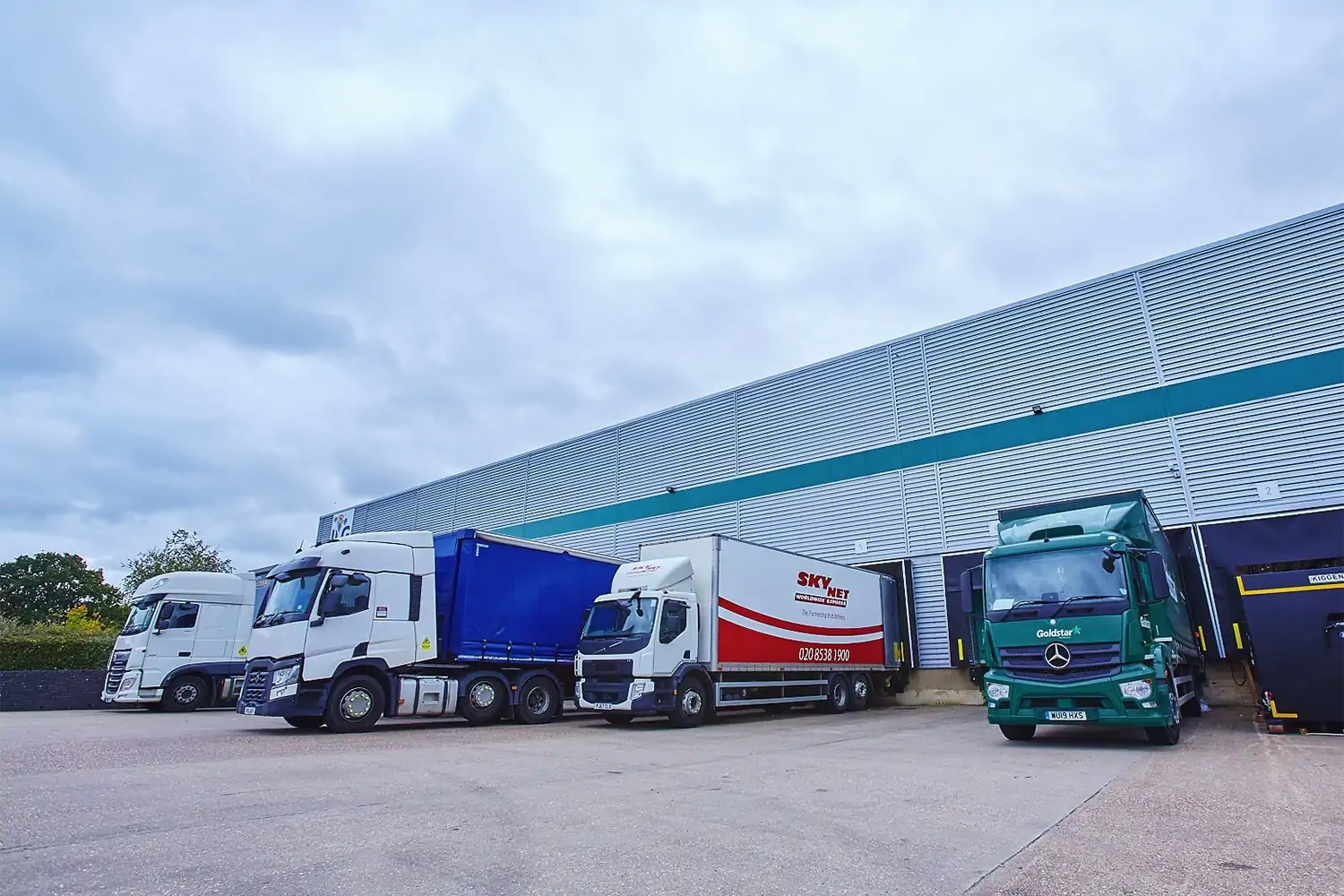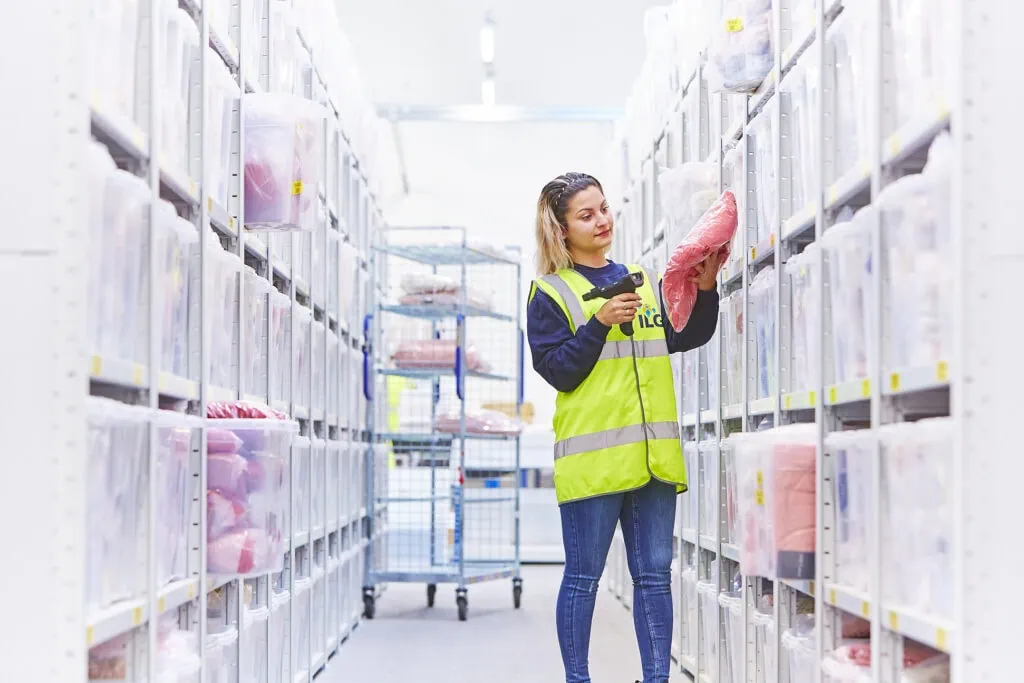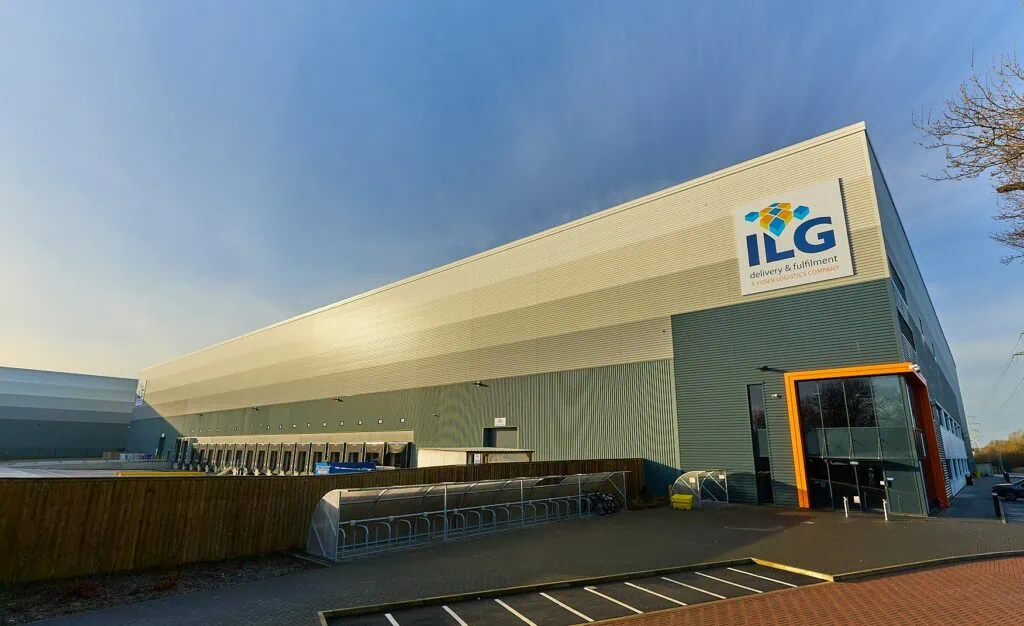
On Thursday 10th September, we hosted our first webinar, tackling the main areas of concern as we approach that 31 December watershed. With hopes of a deal being struck by then looking increasingly forlorn, the Government has set a date of 15 October to complete talks, in order to leave time for businesses to prepare their supply chain for the changes to come.
The question is, what will those changes be?
A poll held among webinar attendees revealed that the two most pressing concerns are delays in the movement of goods and increases in taxes and tariffs on imports. With a panel of Brexit specialists selected for their expertise in supply chain, VAT and Customs, our aim was to offer some valuable advice and guidance on mitigating these areas of risk.
The webinar was hosted by Tom Ashley, Chief Operating Officer, ILG, and Tom was joined by a panel comprising: Simon Dixon, CEO and Founder, Hatmill; Mark Ellis, Indirect Tax Partner, BDO; James Colson, Astrazeneca Global Key Account Director, Yusen Logistics; and Sharon Murrell, Logistics & Compliance Manager, Yusen Logistics.
You can watch a recording of the full webinar below
Below is a summary of the main topics discussed
Protecting your supply chain
Simon Dixon, Hatmill
It’s important for businesses to recognise that they are one step in a long chain. Even if you manufacture and sell your products within the UK, there will be parts of your supply chain that are affected by Brexit. It’s important to have a clear understanding of the risks and where they lie.
Map all the touchpoints in your end-to-end supply chain that are likely to be affected. Include your suppliers in this exercise. As you go through your processes, from purchasing to processing to selling to dispatch, identify the risks. Eg disruptions to supply, pressure on cash flow, volatility in demand or higher freight costs.
Create several future scenarios to predict what could happen and how you might be able to mitigate against it. Test those scenarios against your current operation. Stockpiling, for example, could be a tactic, but it’s only a short-term one. Test each option rigorously to prepare the best strategy for your business. Then, if you can, repeat this process for your customers, suppliers and competitors. The more you can predict and prepare for your whole supply chain, the better placed you’ll be.
And with customers likely to be doing the same and researching their options, the volatility in demand will throw up opportunities for those who are best prepared. So treat the changes as a project – not business as usual. Have a plan, devote resources to it and follow the cycle of Plan-Do-Review.
Multiple stock locations?
One option is to split stock between the UK and EU. Simon offers this advice:
- Really understand your range, channels and customer base and ask yourself whether two sites is an appropriate strategy.
- Do you want those sites to be mirror images of each other or should you use one for fast moving goods and the other for slower moving stock?
- Be careful to control what’s being purchased for the two sites. Buyers tend to regard an increase in space as an invitation to buy more.
Getting smart with your VAT
Mark Ellis, BDO
Exports to the EU
Each EU country has its own VAT system and its own VAT rates: https://ec.europa.eu/taxation_customs/vat-rates_en – you should now (i) calculate what rate of VAT will apply to the import of your goods into that country and (ii) what the rules are there for (a) paying the import VAT and (b) subsequently reclaiming it
In order to reclaim EU import VAT, you may need to register for VAT in the EU country of import and file local VAT returns there – apply now to get registered for VAT there in time for 1 January 2021
Some EU countries (eg Belgium) may require the appointment of a local fiscal representative in their country before allowing a non-EU business (ie a UK business from 1 January 2021) to register for VAT locally – where necessary, appoint a local fiscal representative now in order to obtain/maintain an EU country VAT registration
Imports into the UK
From 1 January 2021, UK import VAT can be paid to, and reclaimed from, HMRC via the same VAT return form under a scheme called postponed import VAT accounting – you should revise cashflow forecasts accordingly and understand the impact on the level of your UK import VAT/Customs Duty deferment guarantee (which will only need to cover UK Customs Duty in future).
On 11 April 2019, HMRC issued a statement that, with effect from 15 July 2019, UK import VAT paid can only be reclaimed by the ‘importer of record’ if they held ‘legal title’ to the goods (ie the ‘importer of record’ was also the ‘owner’ of the goods) at the time of their import into the UK – this HMRC edict will affect even more UK businesses from 1 January 2021.
On 20 July 2020, HMRC issued a statement that, from 1 January 2021, import of goods <£135 in value will attract ‘normal’ UK VAT, not import VAT, including goods <£15 in value (which can be imported VAT-free at present).
Managing the new Customs rules
Sharon Murrell and James Colson, Yusen Logistics
From 1st January 2021, new border controls will be implemented for Imports & Exports between the EU and UK and the UK Global Tariff will be in place.
Exports will be in line with Rest of World requirements from the 1st January and will require Customs Declarations and Safety & Security Declarations.
Imports will be introduced in a 3 phased approach.
Phase 1 – from Jan 2021
- All Imports from clothing to electronics will need to prepare for basic Customs requirements, such as keeping sufficient records of imported goods. Importers will have up to six months to submit a declaration to HMRC paying the duty and VAT due. Subject to approvals.
- Controlled goods (such as excise products) will require full standard declaration at time of import. Any inspections required to be completed will be done at the point of destination rather than the frontier.
- Traders importing or exporting using the Common Transit will need to follow the Transit procedures as these will not be introduced in stages.
Phase 2 – from April 2021
- All products from animal origin will require pre-notification and relevant health certificates (48 hours notice). Any inspections will be completed at point of destination.
Phase 3 – from July 2021
- Traders will be required to complete full declarations (or simplified if authorised) at time of import.
All this will require a new border infrastructure, some of which will be located inland.
Additional grant funding of £50million will be made available to encourage the expansion of the Customs Intermediary Sector.
For details of these grants, click here.
What you should do now
- Consider how you will complete your customs formalities from 1st January, will you be completing yourselves or will you require support from a Customs intermediary?
- For non-controlled goods, decide whether you will defer declarations and duty payments for six months from import date (obtain the necessary authorisations or intermediary to do this) or complete full declarations.
- Decide how you will account for UK VAT. If you are UK registered, will you complete postponed VAT accounting? If using deferred declarations, you will only be able to use postponed VAT accounting
- Review your trading terms with suppliers and customers. Know who is responsible for customs declarations at origin and destination.
- Check your commodity codes and duty liability
- Check documentation requirements
Continuing to deliver
Tom Ashley, ILG
Much of the legislation around Brexit is complicated and riddled with jargon. ILG and the Yusen family are here to support our clients through the new customs regulations and provide solutions to the supply chain challenges.
We have been busy researching the most optimum location for ILG to open our own facility to serve Continental Europe and have narrowed down the options to Poland and Czech Republic. We have based our search on the following considerations:
- Labour rates – are they competitive?
- Flexible skilled employee availability – could we scale up quickly?
- Access to carrier hubs and costs – do they provide a good range of options?
- Facility costs and standards – do they meet the ILG service standards?
Yusen Logistics has facilities in both countries, which we can lean on as required. We will be making our decision on 23 October, so before they we want to hear from you about your requirements. Ultimately, client demand will drive the location and size of the site we choose.
If you have any questions or concerns about Brexit, please call ILG and one of our team will happily talk you through the steps you should take. We are ready to help all our clients through this period of transition and establish a smooth, efficient import/export process as quickly as possible.
Read our Brexit checklist to ensure your business is prepared.
If you need to talk to us, please contact:
Fulfilment clients – Cliff Allen – Cliff@ilguk.com
Delivery clients – Chris Ellard – Chrise@ilguk.com
Contact Us
More insights >
How to Manage Your Stock with SKU Numbers: Best Practice Guide
If you’re an e-commerce business, efficient inventory management is essential – and one important part of this is understanding SKU numbers.
ILG is a Finalist for Best Logistics Solution at the BeautyMatter 2025 Awards!
We’re thrilled to announce that for the third year in a row, ILG is a finalist for ‘Best Logistics Solution’ at the BeautyMatter 2025 Awards!

